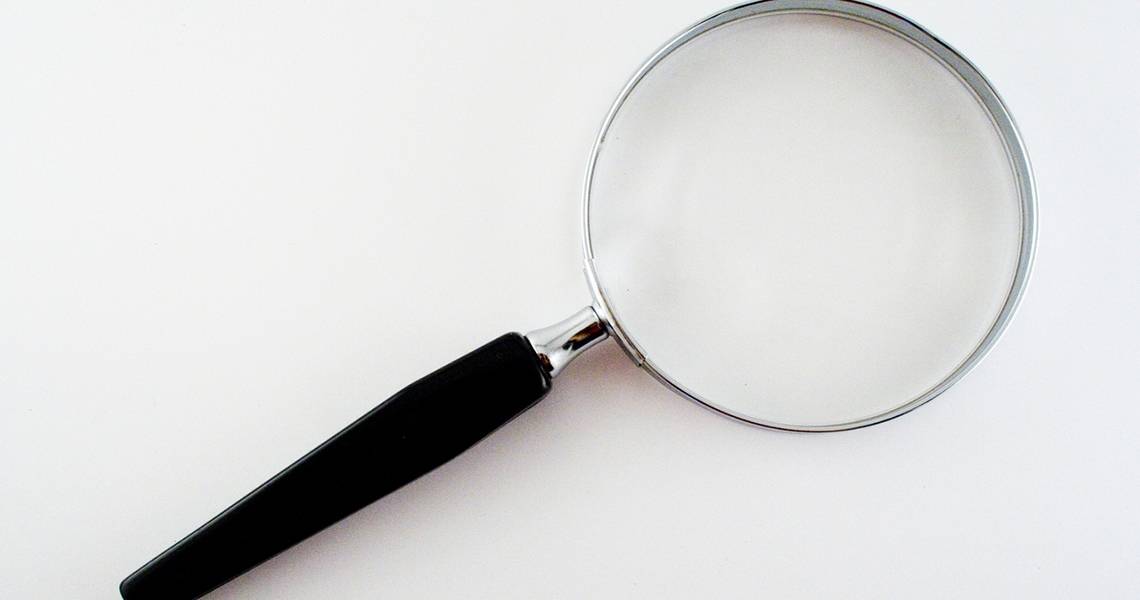How to Detect an Online Scam
Congratulations you just won £1,000,000 in the British Lottery! Send us your personal information including your social security number and checking account number right away, and we will deposit your winnings in 5-7 business days.
Would you fall for this? Sadly there are many people out there who do. There are millions of people out there looking to exploit those who may not be able to easily identify an online scam. Scams can be found almost anywhere including direct emails, online stores, dummy websites and the list goes on and on. Fortunately internet users are getting wise to some of these schemes but that just means the bad guys are too. Here are some tips to help identify those scams and keep you from losing everything.
Personal Information
Just like the British Lottery emails, anyone who asks for personal information should immediately send up a red flag. Any legitimate transactions should NEVER ask for sensitive information via email. Recently, there has been a rise in the number of these emails from people claiming to be your financial institution. If you receive an email asking for personal information, account numbers, usernames, passwords or any other confidential information, first take a look at the sender's email address. Does it look like it is being sent from the right place? Most times the sender's email address makes no sense, so it's easy to see that it's a scam phishing for your information. Even if it looks like a legitimate email, you should still give the institution a call and ask anyway. More than likely they are going to tell you the email was not sent from their system and not to respond with any information.
Fraudulent Websites
Another way scammers can get you is by triggering dummy pop-up windows that look exactly like the site you are trying to log in to. These windows will pop-up and as you type in your information and hit submit you are sending your sensitive information right to the bad guys. Some websites, like Bank of America, have an extra measure of security to help prevent this from happening. Bank of America has you select a "site key," or a personal picture, along with a word or phrase of your choosing that will pop up when trying to log in. If the picture and word are not yours it's a sign that the site is not authentic. You can also take a look at the web address. If it somehow mysteriously changed and it seems to have redirected you, close out the site, and try it again. Always make sure the site you entering information on is the right one.
Instead of a pop-up window imitating a popular website you may also stumble upon an entire site that is set up just to take advantage of naive customers. This happens a lot of times when people are trying to find products for less than market value. For example, sports jerseys are a popular item in the scammer community. To make sure the website is legitimate, you should check a few things before handing over your information:
- Make sure all of the links on the page work and bring you to the correct pages.
- Call, write or email whatever contact information is provided on the site.
- Click on any security seals, award logos, etc. to see if they are real. Fraudulent sites will not directly link to the correct sites but legitimate sites most likely will.
- When checking out the web address should display "https" instead of "http" to indicate a secure connection.
- Read through the website's terms and conditions to make sure they make sense.
- Check for spelling and grammatical errors. Most scam sites are authored by people from other countries who are not fluent enough in the language they are trying to write the site in.
- Find out where the company claims to be located and where the products are actually coming from. Are they claiming to be from Florida and the products are coming from another country such as China or India?
If you seem leery of a website Google it or put it in a scam site checker. There are tools out there to help determine whether or not a website is legitimate. If you Google a website it may also automatically pull up scam alert pages.
Wiring Money
The only time you ever see anyone wiring money is when your long lost nephew's car broke down or in the movies when the bad guys are wiring money into Swiss bank accounts. Wiring money is pretty much the equivalent to sending cash. Any legitimate transactions should never ask you to wire money. If they do you should not proceed with the transaction. You hate to think that you have to be so distrusting, but unfortunately in this world you have to be careful. If you send the money and it turns out to be a scam, it's gone and there is no getting it back so make sure you look before you leap.
Too Good to Be True
We have all come across those deals that are just too good to be true and sure enough, they are. Online scams typically draw you in with a deal that you cannot say no to. Using those sports jerseys as an example, you may see a deal for an "authentic" hockey jersey for half the price of buying it in store and when you finally get it in the mail it's the wrong colors, no authentic labels and it's missing the details. When you go to make your angry call or send your outraged email, you cannot seem to contact them, and now you're stuck with a knock off jersey you wouldn't be caught dead wearing. These days everyone is looking for a good bargain, but we do it at the expense of our common sense and get caught up in scams that leave us holding the short end of the stick. Morale of the story is stick with age-old advice: if it's too good to be true, it probably is.
With technology being so prominent in our everyday lives, we become vulnerable to the millions of scams out there. They are out there waiting to pray on those who don't take the time to take a good look at what is going on. Next thing you know you suddenly have no money in the bank and someone is out there running around with your name opening credit cards and killing your credit. This may seem a little harsh, but in reality it happens all the time. If you are not sure about something, trust your instincts and do a little research before you decide to go forward with giving out your information.


